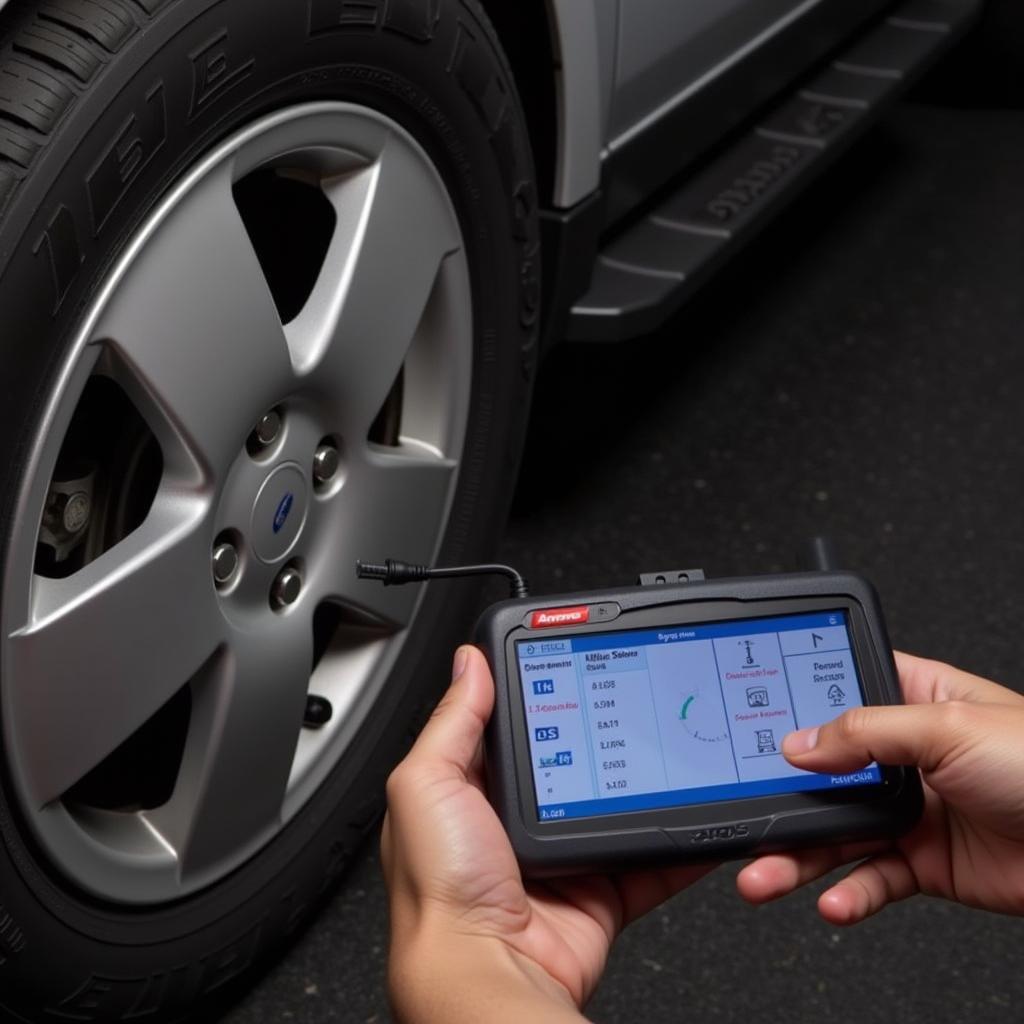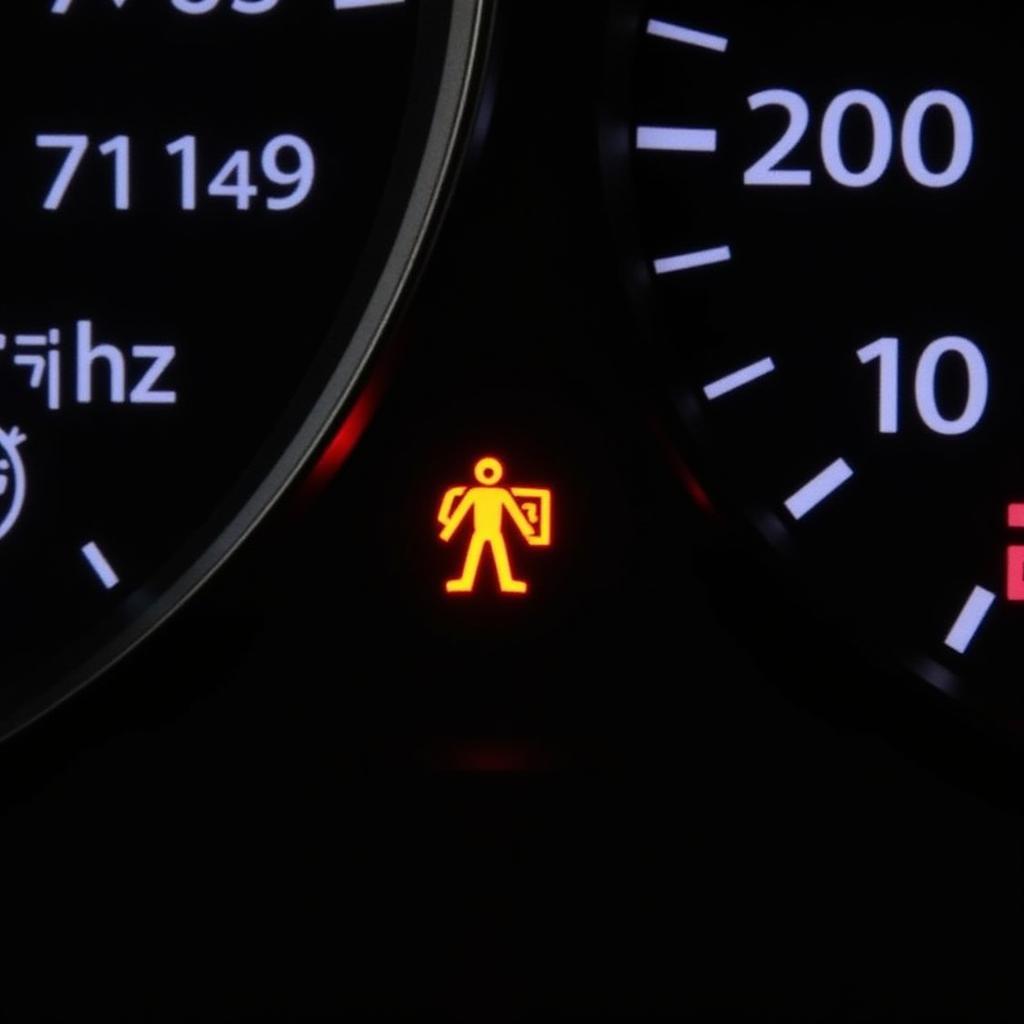“Having trouble with your car radio because a police Bluetooth device is connected? You’re not alone. This is a surprisingly common issue faced by many car owners. Don’t worry, though, this article will guide you through common causes and solutions, so you can get your car radio back in working order.”
Understanding the Issue
Most modern vehicles come equipped with Bluetooth-enabled car radios for hands-free calling and music streaming. This convenient feature can sometimes lead to unexpected issues, like a police Bluetooth device mistakenly connecting to your car radio. This can disrupt your normal audio functions and cause confusion.
Common Problems Caused by a Connected Police Bluetooth Device
When a police Bluetooth device interferes with your car radio, you might experience the following:
- Inability to connect your own device: The police device might block your phone or other devices from pairing with your car’s Bluetooth.
- Intermittent audio: Your music or calls might cut out intermittently due to interference from the police device.
- Distorted sound: The audio output might sound unclear or distorted.
- Car radio switching modes: The radio might unexpectedly switch to the Bluetooth input, interrupting your listening.
Why is This Happening?
The most common reason for this issue is the proximity of your car to a police vehicle with an active Bluetooth device.
How to Identify if a Police Bluetooth Device is Connected
Here are some telltale signs:
- Unknown device name: Check your car radio’s Bluetooth settings for a connected device with an unfamiliar or generic name.
- Audio disruptions near police vehicles: If the audio issues primarily occur when you’re close to police vehicles, it’s a strong indication of interference.
Troubleshooting Tips
Here’s how you can try to fix the issue:
1. Turn Off Your Car Radio Bluetooth
The simplest solution is to temporarily disable your car radio’s Bluetooth. This will disconnect any paired devices, including the police device.
2. Forget the Device
Access your car radio’s Bluetooth settings and look for a list of paired devices. Locate the unknown device and select the option to “forget” or “remove” it.
3. Reset Your Car Radio
Consult your car’s manual for instructions on how to reset your car radio to its factory settings. This will erase all saved settings and paired devices.
When to Seek Professional Help
If the problem persists despite trying the above solutions, consider seeking help from a qualified car audio technician or your car’s dealership.
Frequently Asked Questions
-
Can a police Bluetooth device damage my car radio?
No, a police Bluetooth device will not damage your car radio. It’s merely an issue of interference and unintentional pairing.
-
Is it legal for a police Bluetooth device to connect to my car radio?
While not illegal, it’s certainly unintentional. Police departments are usually careful about their equipment’s Bluetooth settings to prevent this from happening.
-
How can I prevent this from happening again?
While you can’t entirely prevent it, turning off your car’s Bluetooth when not in use can minimize the chances of this happening.
Advanced Diagnostic Tools for Complex Issues
In some cases, more complex software issues within the car’s infotainment system might be causing the problem. This requires advanced diagnostic tools for accurate identification and resolution. Cardiagtech offers a range of professional-grade diagnostic equipment suitable for such tasks.
“According to automotive electronics expert Dr. James Wilson, author of “Automotive Electronics and Diagnostics,” modern vehicles are increasingly reliant on software for various functionalities. A minor software glitch can lead to unexpected issues, requiring specialized diagnostic tools for effective troubleshooting.”
Conclusion
Dealing with an unintentionally connected police Bluetooth device can be frustrating. However, by following these troubleshooting tips and understanding the issue, you can regain control of your car audio system. If the problem persists, don’t hesitate to contact CARDIAGTECH for expert assistance and solutions.


